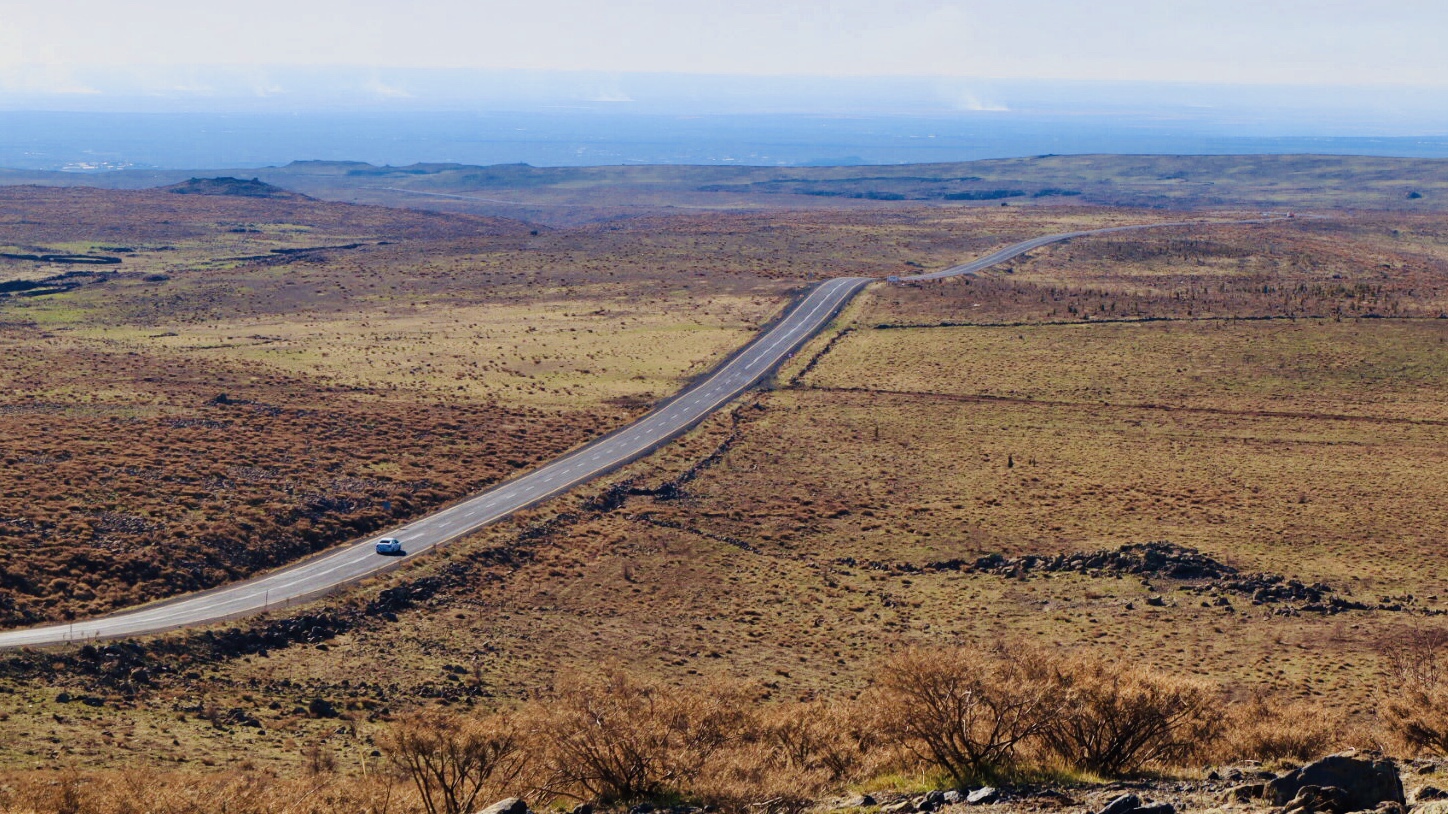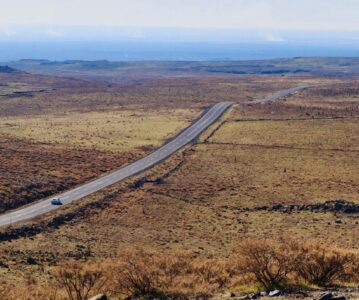We don’t get very far before we slide into the next experience. Sounds of drums and trumpets make us turn off the road and peek into a garden. As expected, some festively dressed women and men are cavorting there. According to Kurdish tradition, a dance circle has formed. The dancers are hooked close together, shoulders swaying in time and feet stomping in a certain sequence of steps, so that the circle gradually turns. In the middle stand the musicians with drums and horns and give the beat. It takes at most half a minute until we are energetically waved away from the street into the courtyard. Talking back is useless. After another minute and unsuccessful rejoinder, we are both pulled into the circle, hooked left and right, and laughing and somewhat embarrassed, we try to move in time with the practiced dancers. Fortunately, this time the feet are simply pushed along in small sideways steps. The Kurdish circle dances can quickly become very demanding. Maybe you remember the video from our report from Istanbul? Spontaneous participation is then unthinkable for the layman.
At some point I excuse myself from the circle and enjoy the sight of Louie being animated to dance by the young men with great enthusiasm. Without announcement, two guys march into the middle, pull pistols out of their jacket pockets and fire into the air. Päng päng päng! For us absolutely unthinkable, here absolutely normal. Between the stalls in the big bazaar of Urfa, between the jewelry and clothes store, there was a gun store, with an arsenal on offer that would not even be legally available in Switzerland with a gun license. Weapons are everyday items here. Some shepherds carry them to protect the herds from wild animals, at festivals they are worn for show and in some villages the little boys “shoot” at us giggling with their plastic or wooden weapons. The military presence also increases with each kilometer eastward. We pass several checkpoints with sandbags and armed military. We greet, they greet back.
The wedding party is not a wedding party, but the festivities are the “henna day” just before the actual wedding. Today the dowry is handed over and we watch as various household items wrapped in red gift ribbon are loaded onto the back of a trailer. Mattresses, pillows, blankets, dishes, a jewelry box and countless other furnishings.
After countless selfies with us strange tourists, we say goodbye and head off into a vast landscape of fields and stone walls. When it’s time to find a spot, the landscape is so open and the fields so damp and earthy that it’s impossible to spy a sensible place to pitch the tent. In a small farmer settlement we discover a carcass next to grassy ground, which is the most likely place to spend the night. Knowing that someone will surely see us and talk to us, we first make a coffee and don’t put up a tent yet. A wise decision. “Cold cold”, Mahmut says decidedly and does not allow us to spend the night here in the tent. We are waved into the warm room of his older brother Hashim and first provided with plenty of Çay until his arrival. We have landed in a Kurdish extended family.
I spend some time with the three women, despite the difficulty of communication. They immediately take me to their hearts and are very interested. I can only admire the openness of these people and marvel at the totally different realities of life that we encounter.
I wonder what they think of us. From their subjectivity, it is impossible to even begin to imagine our world full of individualism and top-heaviness. Riding around on a bicycle. Who does such a thing? And why? “Who’s looking after your mother now?” Zamzam asks me.
There is a knock at the door, the master of the house is back, and Zamzam and Ihlas jump up to receive the delivered groceries. Presumably, they hardly ever leave the yard; even shopping is a man’s business here. The wife is given a few boxes of medicine and few words are exchanged. I am a tourist, a guest, and I am also accepted in the men’s room. Here the conversation runs a bit more fluently Louie talks with Mahmut, his sons and Hashim with the help of various smartphones about all sorts of things. When Mahmut and Hashim learn that Louie is a mechanical engineer, they want to know if he could maybe build them a gold detector. It’s a bit of a joke, but soon the conversation turns to the ever worsening lira rate. The hierarchy in the room is very clear and very impressive: Hashim pretends to be patronizing and easy-going, but he sets the conversational rhythm and the topics. The youngest in the room, Mahmut’s sons sit quietly next to the stove and thaw out all the more for it when Hashim leaves the room for some time. Question after question is asked. “Can you teach me English?” ” Is Europe jaleous of us (Turkey)?” “Can you find a job for me in Switzerland?” Louie hints in simple sentences at the difficulties with visas and work permits, and suggests that people in Turkey are much friendlier than in Switzerland, where strangers are preemptively met with suspicion. The consequential question “Why?” is then not quite so easy to answer.
After a delicious, simple dinner, we have more tea and finally we are allowed to retire to a specially prepared room. After a tour of the lively farm and the obligatory morning meal, we tear ourselves away from the warm company – and will regret for days to come that we turned down the repeated invitation to stay a little longer. The dead-straight gravel road we are driving on now stretches without a single bend for an impressive 70 kilometers through the volcanic landscape. Some of the black boulders have been piled up to form walls around fields, others lie where the Karacadag volcano catapulted them ages ago. The special landscape is unsuitable for camping. The ground consists either of boulders or sticky field soil or a combination of both. Surprisingly we find a hidden spot on a less sticky ground and can’t believe our luck to spend the night in such a unique area.
The following day greets us with an impressive play of colors of the morning sun on the dark stone boulders leading us close to the volcanic culprit itself. The pass that we have to cross impresses us less with its steepness but even more with the still treeless and unbelievably wide landscape. It is mid-December and we are sweating in T-shirts. Up. On the descent it cools down significantly and until the evening the temperature drops below zero. The only hidden spot is right next to a pumping station for the elaborate irrigation of the large, pot-flat fields. “Bull’s eye”, we think and sleep amazingly well despite the cold. The pump whirs all night long and pumps and pumps… until the water from the field flows over the entire forecourt and partially submerges our tent. Fortunately, we realize this only in the first morning sun, can save most of our belongings in the dry and just dry the tent before a thick fog envelops the rest of the day.



Liebe Simone und Louie,
ich hoffe ihr seid gut in das neue Jahr gestartet. Mit grossem Interesse lese ich euren spannenden Reiseblog und erlebe aus der Ferne eure Begegnungen mit diesen gastfreundlichen Menschen und eure Abenteuer mit. Es ist so schön zu hören, wie die Leute die ihr kennenlernt meist selber so wenig besitzen aber immer bereit sind, euch einzuladen, mit euch zu teilen und euch an ihrem Alltag teilhaben lassen. Ich denke dass wir “Westler” sehr viel von diesen Völkern lernen könnten.
Das Jahr 2022 wird euch hoffentlich noch viele solcher interessanten und bereichernder Begegnungen bescheren. Ich wünsche euch weiterhin alles Gute und schicke euch liebe Grüsse aus dem Tessin iris